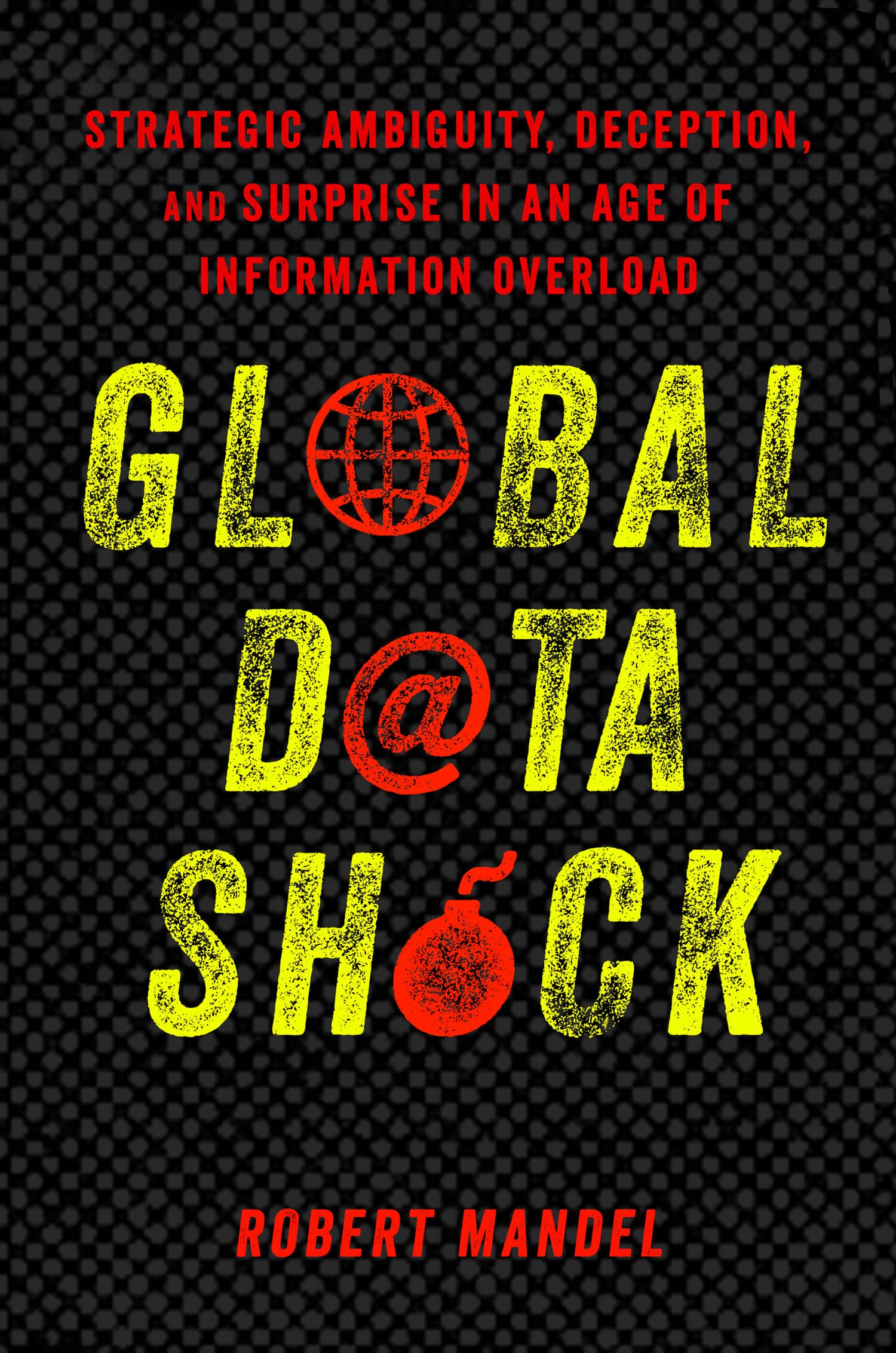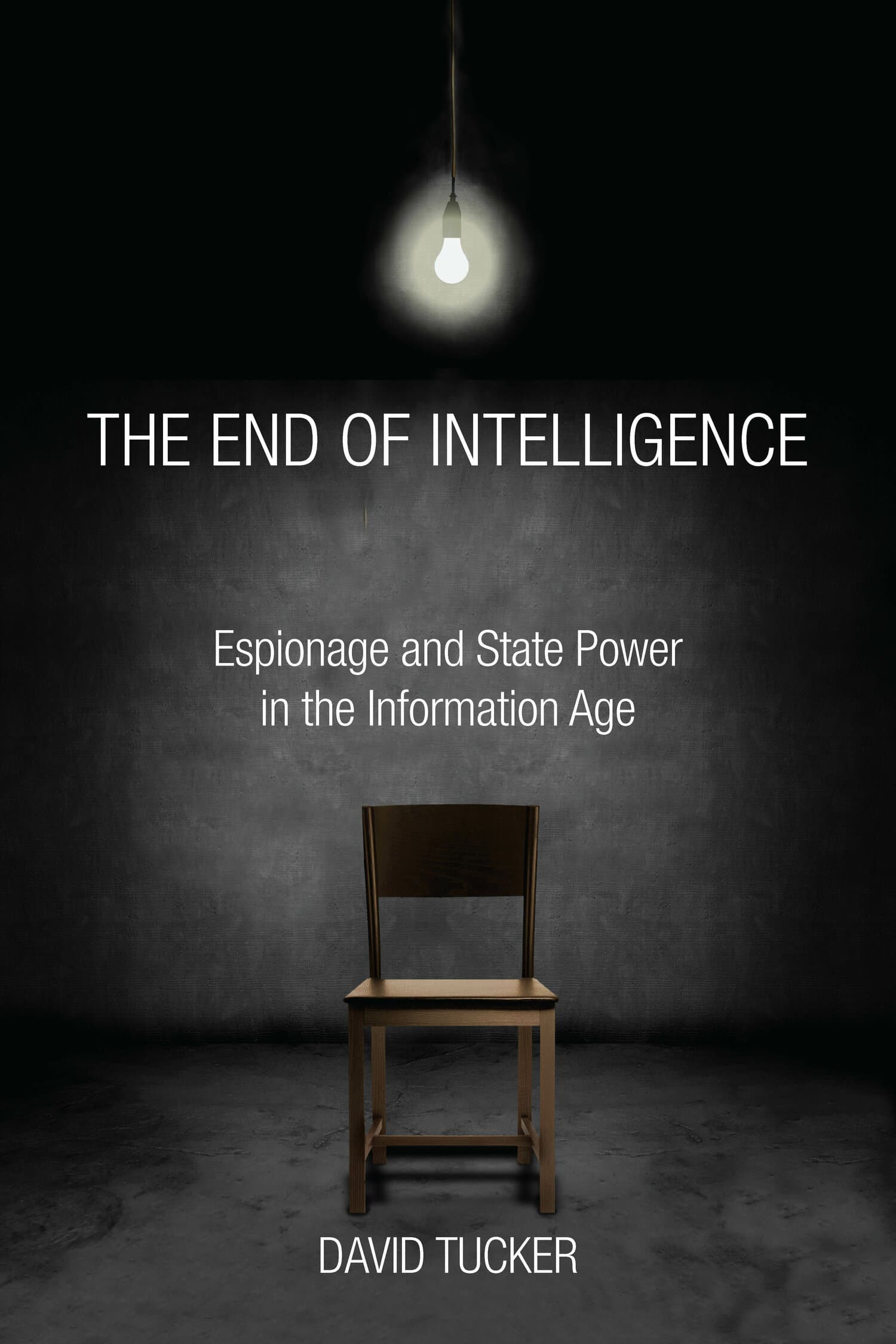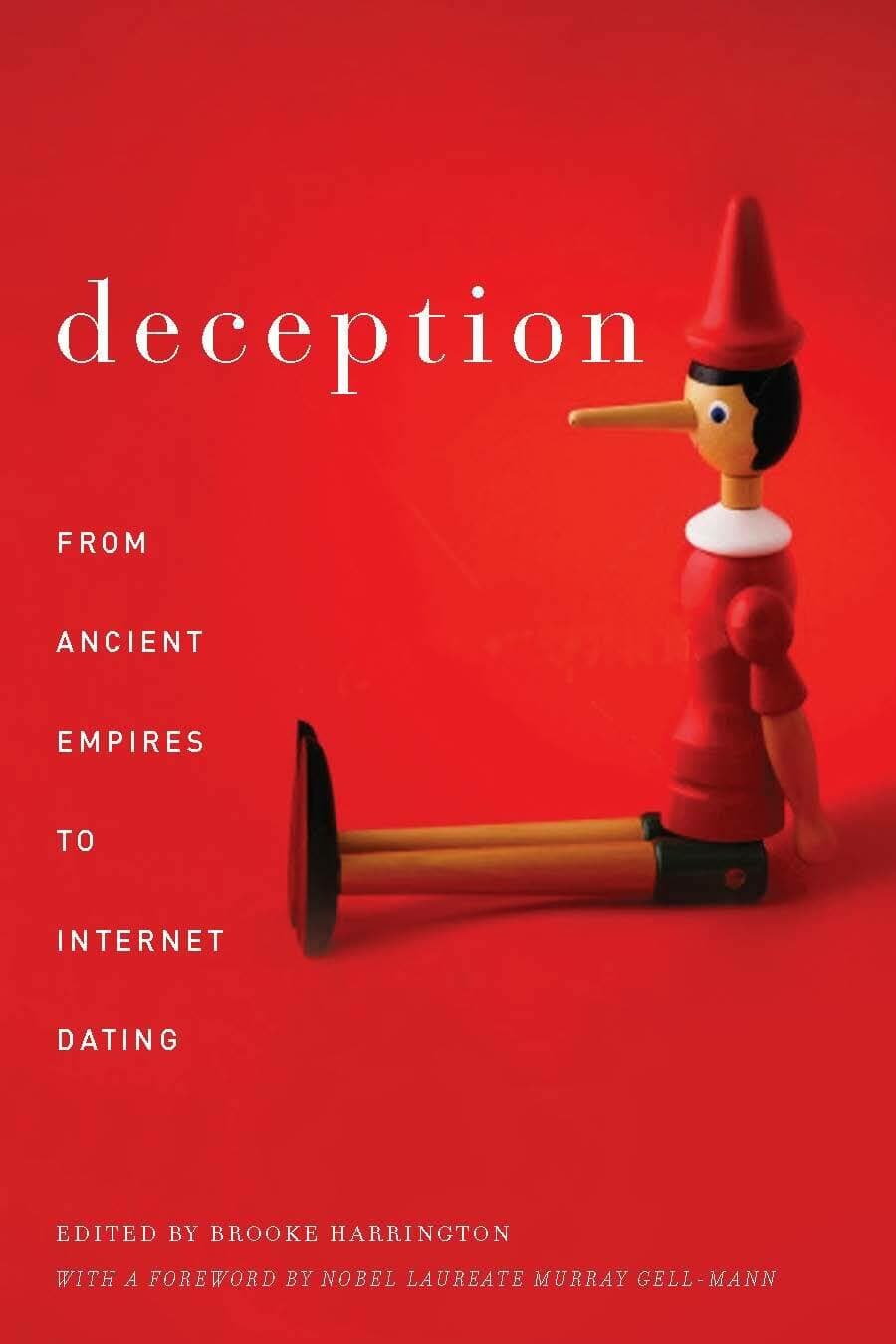Global Data Shock

Intelligence and security communities have access to an overwhelming amount of information. More data is better in an information-hungry world, but too much data paralyzes individual and institutional abilities to process and use information effectively. Robert Mandel calls this phenomenon "global data shock." He investigates how information overload affects strategic ambiguity, deception, and surprise, as well as the larger consequences for international security. This book provides not only an accessible framework for understanding global data shock and its consequences, but also a strategy to prepare for and respond to information overload.
Global Data Shock explores how information overload facilitates deception, eroding international trust and cooperation in the post-Cold War era. A sweeping array of case studies illustrates the role of data shock in shaping global events from the 1990 Iraqi attack on Kuwait to Brexit. When strategists try to use an overabundance of data to their advantage, Mandel reveals, it often results in unanticipated and undesirable consequences. Too much information can lead to foreign intelligence failures, security policy incoherence, mass public frustrations, curtailment of democratic freedoms, and even international political anarchy. Global Data Shock addresses the pressing need for improved management of information and its strategic deployment.
"The prevalence of awful mistakes historically made statesmen assume they would do better if they had more information. Robert Mandel brings sharply into focus the very modern and surprising problem that more information turns out to be as much a curse as a cure, and creatively examines the implications for a wide range of policy challenges."—Richard K. Betts, Director of the Saltzman Institute of War and Peace Studies, Columbia University
"This pertinent, well-written, and timely book addresses authoritatively and comprehensively the critical tension between the benefits of access to multitudinous data and the potentially pernicious consequences of being overwhelmed by it. Global Data Shock offers remedies to this vicious problem and should be required reading for policy analysts, students, and practitioners."—Yaacov Vertzberger, The Hebrew University of Jerusalem




